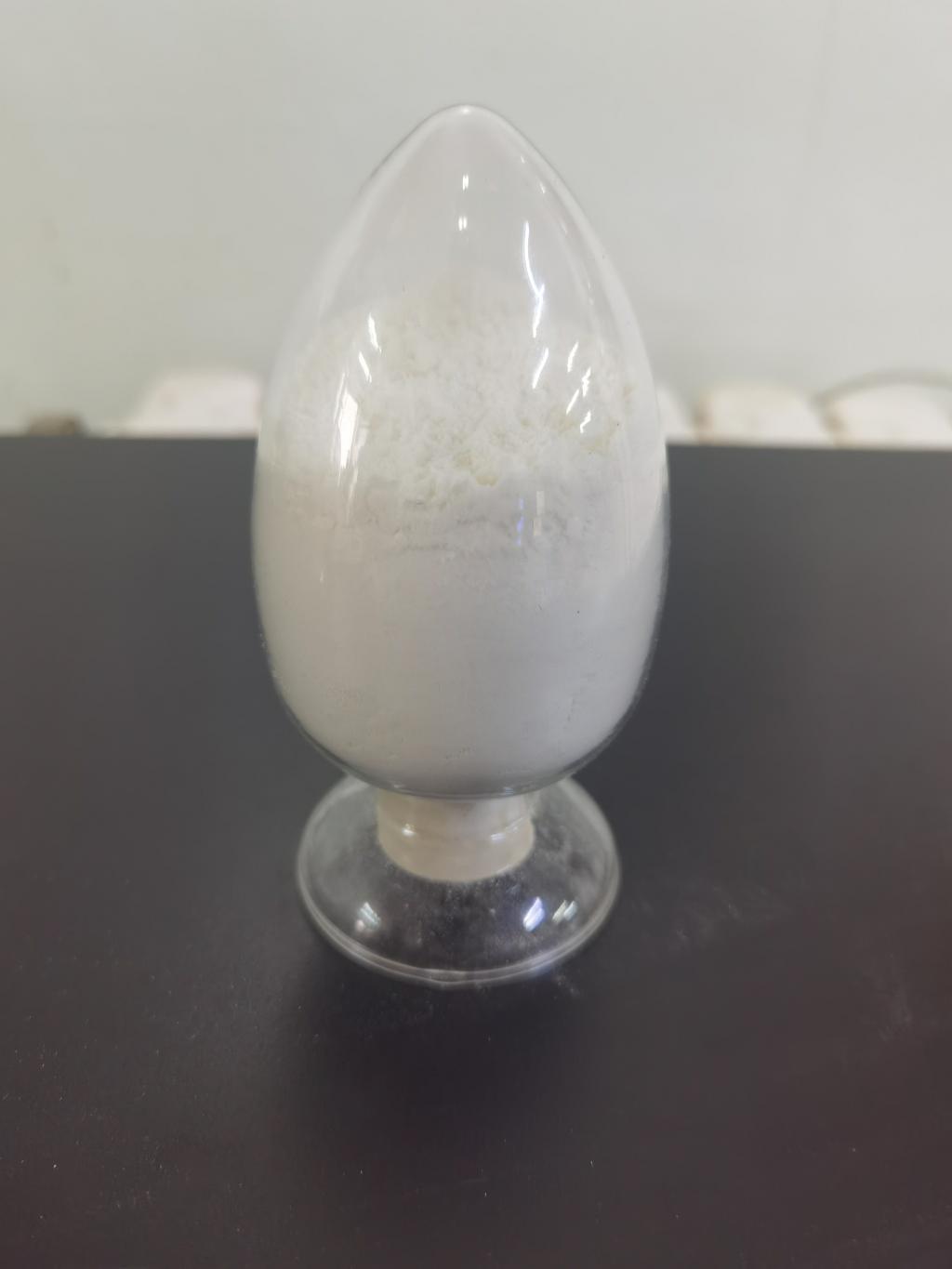Tel:+8618231198596

News
 CONTACT
CONTACT
 CONTACT
CONTACT
- Linkman:Linda Yao
- Tel: +8618231198596
- Email:linda.yao@dcpharma.cn
- Linkman:CHARLES.WANG
- Department:Overseas
- Tel: 0086 0311-85537378 0086 0311-85539701
News
Current Position:
Home >
News
>What is the cost of ε-Polylysine hydrochloride compared to other food preservatives?
What is the cost of ε-Polylysine hydrochloride compared to other food preservatives?
TIME:2023-03-24
Cost of ε-Polylysine hydrochloride
The cost of ε-Polylysine hydrochloride varies depending on the manufacturer, supplier, and quantity purchased. As of 2021, the average price of ε-Polylysine hydrochloride is around $50-100 per kilogram. However, the price may fluctuate depending on the demand and supply of the product.
Compared to other food preservatives, ε-Polylysine hydrochloride is relatively expensive. However, the higher cost is often justified by its superior antimicrobial properties, safety, and eco-friendliness. In addition, the cost of using ε-Polylysine hydrochloride may be offset by the potential savings from increased shelf life, reduced spoilage, and decreased waste.
Cost of synthetic food preservatives
Synthetic food preservatives are widely used in the food industry to extend the shelf life of products and prevent spoilage. Some of the commonly used synthetic food preservatives include:
Sodium benzoate: Sodium benzoate is a widely used preservative that inhibits the growth of bacteria, yeast, and mold. The average price of sodium benzoate is around $2-3 per kilogram.
Potassium sorbate: Potassium sorbate is another popular preservative that prevents the growth of mold, yeast, and bacteria. The average price of potassium sorbate is around $3-4 per kilogram.
Calcium propionate: Calcium propionate is a commonly used preservative that inhibits the growth of mold and bacteria in baked goods. The average price of calcium propionate is around $3-4 per kilogram.
Compared to ε-Polylysine hydrochloride, synthetic preservatives are generally less expensive. However, they may have potential health and environmental risks, and some consumers may prefer natural alternatives.
Benefits of using ε-Polylysine hydrochloride
Despite its higher cost, ε-Polylysine hydrochloride offers several advantages over synthetic food preservatives:
Safety: ε-Polylysine hydrochloride is a natural, non-toxic, and non-allergenic preservative that is safe for human consumption.
Effectiveness: ε-Polylysine hydrochloride has a broad spectrum of antimicrobial activity and can inhibit the growth of a wide range of microorganisms, including bacteria, fungi, and yeasts.
Eco-friendliness: ε-Polylysine hydrochloride is a natural product that is biodegradable and does not leave harmful residues in the environment.
Improved shelf life: ε-Polylysine hydrochloride can extend the shelf life of food products and reduce spoilage, which can save money and reduce waste.
Conclusion
ε-Polylysine hydrochloride is a safe, effective, and eco-friendly alternative to synthetic food preservatives. Although it may be more expensive than synthetic preservatives, the benefits of using ε-Polylysine hydrochloride may outweigh the cost. As consumers become more conscious of the potential health and environmental risks of synthetic preservatives, the demand for natural alternatives such as ε-Polylysine hydrochloride is expected to increase.
- Tel:+8618231198596
- Whatsapp:18231198596
- Chat With Skype







